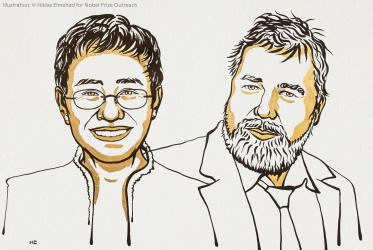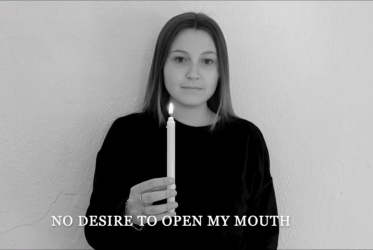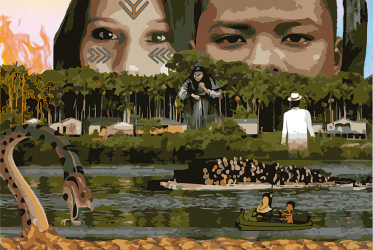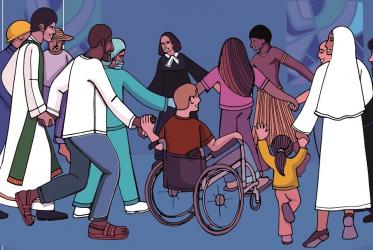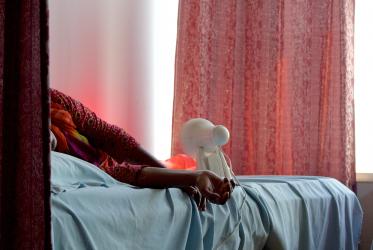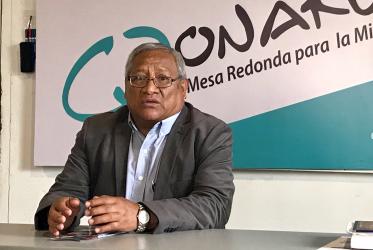Displaying 21 - 40 of 131
14 October 2021
Women in Argentina walk in solidarity with women of Afghanistan
23 September 2021
WCC mourns sudden passing of Rev. Fabian Kreischer from Argentina
11 February 2021
In pictures: Week of Prayer for Christian Unity
01 February 2021
WCC podcast deals with death and dying
15 December 2020
COVID-19 in conflict zones: “a crisis within another crisis”
27 November 2020
Brazilian churches call for transformative racial justice
23 November 2020
WCC expresses solidarity with Peruvian people amid political crisis
20 November 2020
